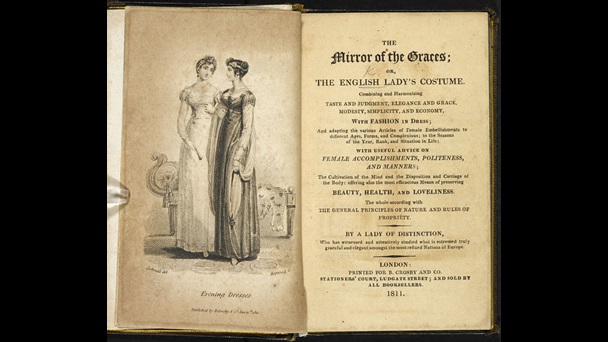You always knew Jane Austen was a feminist, right? What better way to soothe the disappointment of cancelled 4th of July events than to enjoy some intellectual fireworks?
Register for this live online lecture, JANE AUSTEN’S MESSAGE FOR YOUNG WOMEN TODAY, where “Dr Georgina Newton examines how the hopes and concerns of today’s young women compare with those of Jane Austen’s era and how the author of Pride and Prejudice has much to say to modern readers.“
July 4th at 7.30pm British time (2.30pm ET, 11.30am PST) Click for details and to register.
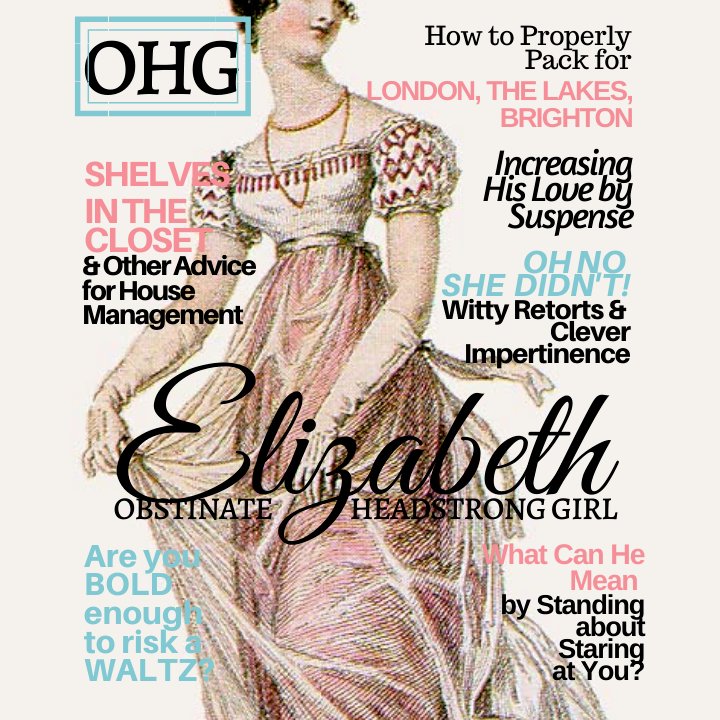
It’s hosted by the Bath Royal Literary and Scientific Institute (BRLSI), a non profit organization “set up 200 years ago as a centre for Enlightenment ideas and intellectual discussion in Bath, England (where Jane Austen lived!).
“Jane Austen’s novels typically conjure images of love, romance and femininity. But her acute observations on how society treated women in relation to equality, financial independence and opportunity reveal a mind strikingly in step with feminist thinking in the 21st Century.
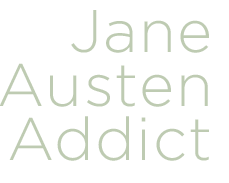

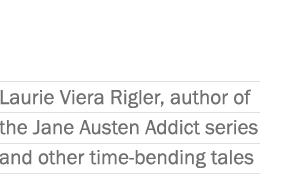

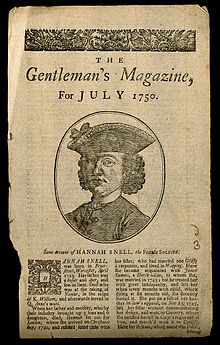 This curiousity was none other than Hannah Snell, subject of
This curiousity was none other than Hannah Snell, subject of 